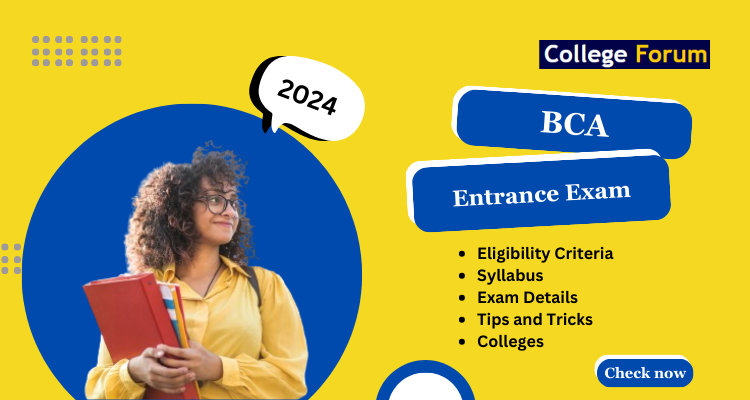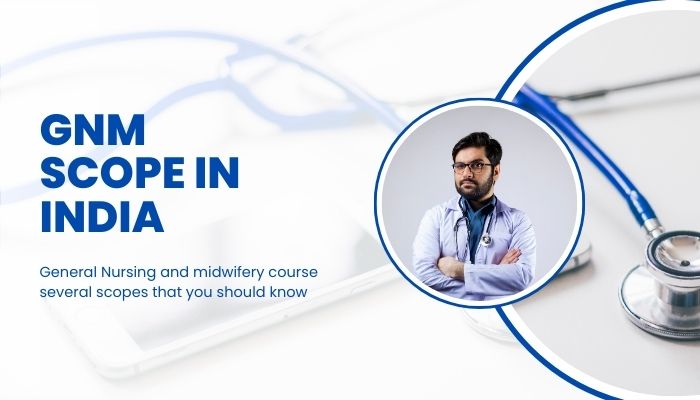Dehradun’s Progressive Approach to BPT Education and the Changing Role of Technology
Dehradun’s Progressive Approach to BPT Education and the Changing Role of Technology Join us as we delve into “The Evolving Role of Technology in BPT Education: Dehradun’s Progressive Approach,” and explore how these institutions are leveraging technology to shape the future of physiotherapy professionals. Technology has become a transformative force in the ever-evolving landscape of physiotherapy education. Dehradun, home to some of the best BPT colleges, stands at the forefront of this digital revolution. Virtual Simulations: Bridging Theory and Practice Virtual simulations give students realistic scenarios to practice in a controlled environment. From patient assessments to treatment plan design, these simulations bridge the gap between theoretical knowledge and practical application, fostering competence and confidence among aspiring physiotherapists. Leading BPT colleges in Dehradun understand the importance of practical exposure in their pursuit of excellence. Telehealth Initiatives: Breaking Geographical Barriers The best BPT colleges in Dehradun are embracing telehealth initiatives in response to the evolving healthcare landscape. By means of remote monitoring and virtual consultations, students learn how to provide physiotherapy services outside of traditional clinical settings, which not only equips them for the latest developments in healthcare but also fosters a spirit of innovation and adaptability. E-Learning Platforms: Accessible Knowledge, Anytime, Anywhere With the advent of e-learning platforms, the boundaries of the classroom are expanding. Dehradun’s BPT colleges, in collaboration with technology, offer students access to a wealth of resources online. From lecture materials to interactive modules and research databases, this approach empowers students to engage with course content at their own pace, fostering a culture of continuous learning. Wearable Technology in Rehabilitation: Integrating Innovation The integration of wearable technology is redefining rehabilitation practices. Dehradun’s progressive BPT colleges explore the potential of wearables in monitoring patient progress, providing real-time feedback, and personalizing rehabilitation plans. This hands-on experience prepares students to navigate the intersection of healthcare and technology, ensuring they stay ahead in a rapidly evolving field. Interactive Anatomy Software: Immersive Learning Experiences Understanding human anatomy is fundamental to physiotherapy. Dehradun’s best BPT colleges leverage interactive anatomy software, offering students immersive learning experiences. Virtual dissections, 3D models, and simulations enhance the understanding of anatomical structures, laying a robust foundation for clinical practice. College Forum: Navigating Your Educational Journey When it comes to finding the best BPT colleges in Dehradun, College Forum is your go-to resource. This free website connects students with the best colleges, making sure they find schools that support their educational goals and are progressive. Explore the possibilities, embrace technology, and take a step into the future of physiotherapy education with the best BPT colleges in Dehradun, guided by College Forum. This is the beginning of your journey to become a competent and tech-savvy physiotherapist
Dehradun’s Progressive Approach to BPT Education and the Changing Role of Technology Read More »








